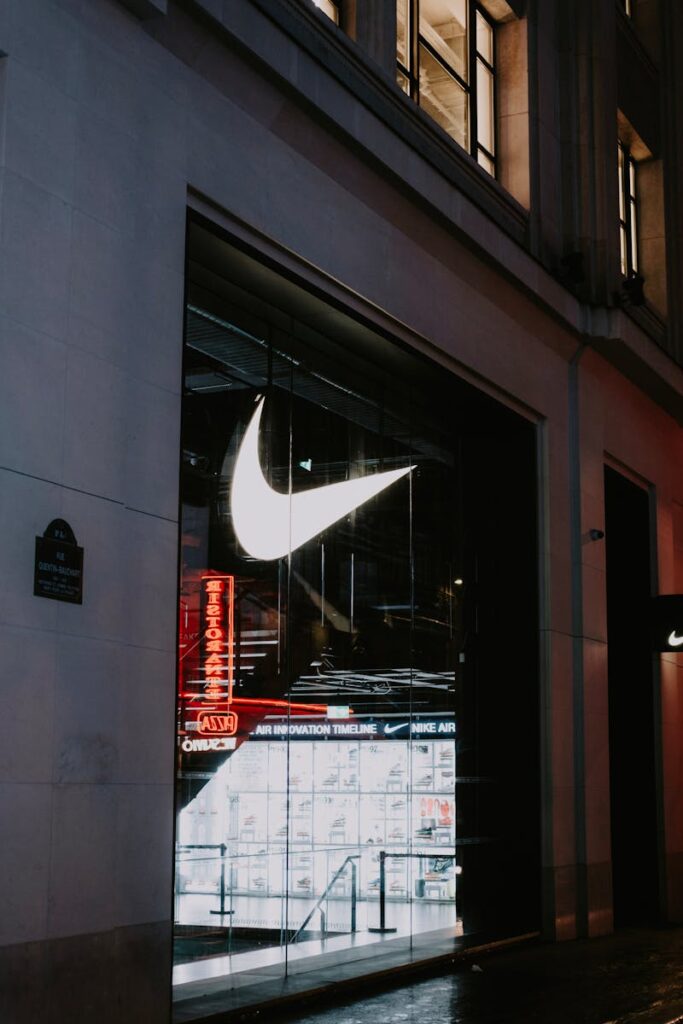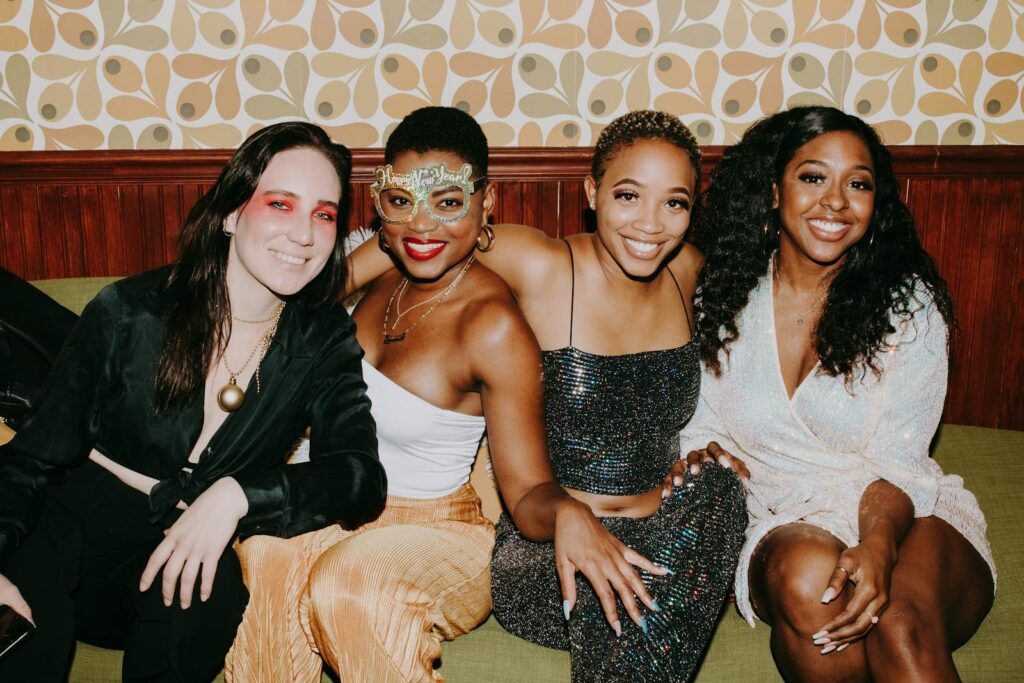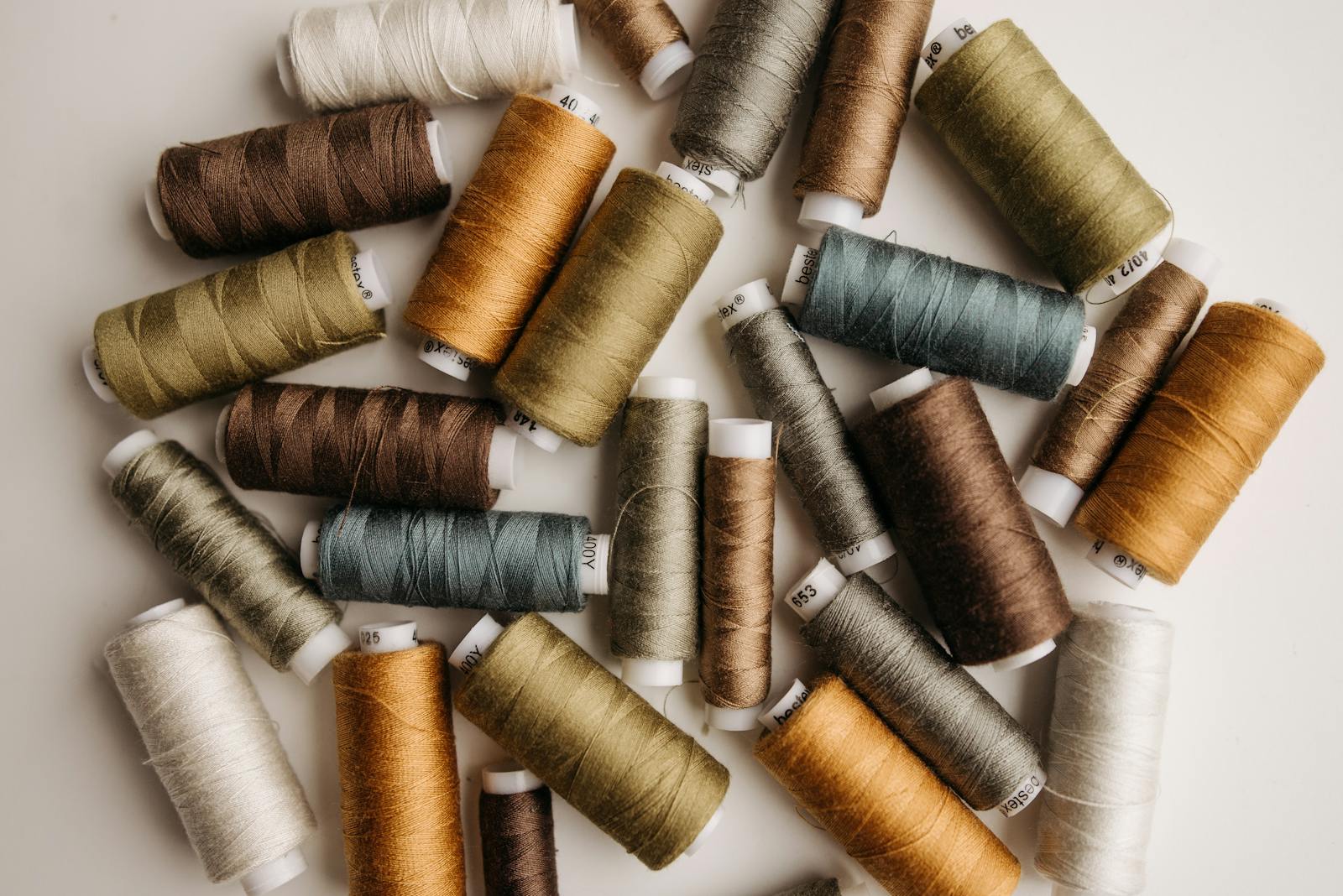
In a world where trends come and go faster than ever, the fashion industry is often caught in the crossfire of cultural debates. Gen Z, a generation known for its progressive values and demand for social justice, has been characterized as being ‘offended by everything.’ But is this a fair judgment, or is there more to the story? One prominent discussion among Gen Z is the rejection of certain sexist clothing items perpetuated by fast fashion. This conversation reflects deeper concerns about the impact of the fashion industry on society and the environment.

1. **Fast Fashion’s Rapid Rise**: The fashion industry underwent a seismic shift in the 1980s when clothes became cheaper and more accessible. This was the birth of fast fashion, where trends were swiftly transformed into affordable clothing. Gen Z grew up in this environment, with brands like Zara and H&M defining their shopping experiences. However, the rapid rise of fast fashion didn’t come without consequences.
Fast fashion’s primary appeal is its affordability and trendiness, allowing consumers to mimic celebrity styles and high fashion at a fraction of the cost. For Gen Z, who are digital natives constantly exposed to new trends via social media, fast fashion was initially a dream come true. But the dream turned into a nightmare as awareness of the industry’s darker side spread.
Read more about: The Backlash Against Gender Expression in Fashion: Unpacking the Debate

2. **The Cost of Cheap Clothing**: As Gen Z matured, so did their understanding of the true cost of cheap clothing. The Rana Plaza disaster in Bangladesh in 2013 was a wakeup call for many, revealing the human and environmental costs of fast fashion. Over 1,000 workers lost their lives, putting a spotlight on unsafe working conditions and exploitation in the industry. For a generation increasingly advocating for social justice, supporting an industry responsible for such tragedies became untenable.
Gen Z started questioning the ethics behind those low-priced t-shirts and dresses. Was the cost savings worth the exploitation of workers and environmental damage? This generation began demanding transparency and accountability from the fashion industry, insisting on fair wages and safe working conditions for all workers involved in the production of their clothes.

3. **Environmental Concerns**: Fast fashion is notorious for its environmental impact. The industry’s reliance on synthetic materials like polyester, which are derived from fossil fuels, contributes to global warming and ocean pollution through microfibres. Gen Z, deeply concerned about climate change and the planet’s future, has been vocal in calling out the fashion industry’s environmental negligence.
This generation has seen the effects of climate change firsthand and refuses to be complicit in its acceleration. For Gen Z, the idea of discarding clothes after a few wears is not only wasteful but also harmful to the planet. They are advocating for sustainable practices and urging brands to adopt eco-friendly materials and production methods.

4. **The Fight Against Sexist Fashion**: One of the most contentious issues for Gen Z is the prevalence of sexist clothing items in fast fashion. Items that objectify or exploit gender stereotypes are often marketed to young consumers, perpetuating outdated norms. For a generation striving for gender equality and inclusivity, this is unacceptable.
Gen Z is challenging the fashion industry to rethink its approach to design and marketing. They are demanding more inclusive sizing, gender-neutral options, and designs that respect individual expression. The call is for fashion that empowers rather than dictates outdated gender roles.

5. **The Role of Social Media**: Social media has been a powerful tool for Gen Z in their fight against fast fashion and sexist clothing. Platforms like Instagram and TikTok have allowed them to amplify their voices, share insights, and mobilize around causes. Influencers and activists are using these platforms to educate peers about the impact of their fashion choices and to promote sustainable alternatives.
Through social media, Gen Z has created communities that support ethical fashion movements, such as thrifting and upcycling. They are proving that style doesn’t have to come at the expense of ethical standards, and that change is possible when they use their collective voice.

6. **Challenging Corporate Practices**: Gen Z is not just challenging the products but also the practices of fast fashion brands. They are calling for greater transparency in supply chains and accountability for unethical practices. This generation is not easily swayed by greenwashing tactics and demands genuine commitment to sustainability from fashion brands.
Gen Z’s growing influence is prompting some brands to reevaluate their strategies, offering more responsible fashion lines and initiatives. However, Gen Z remains cautious, understanding that true change requires more than just surface-level adjustments.

7. **Reimagining Fashion’s Future**: For Gen Z, the future of fashion lies in slow fashion, where quality, sustainability, and ethics take precedence over rapid consumption. They envision a world where the fashion industry is a force for good, supporting fair labor practices and reducing environmental harm.
This generation is actively participating in creating this future by supporting brands that align with their values and holding those that don’t accountable. They are pushing for policies that regulate environmental and labor standards, ensuring that fashion can be both beautiful and ethical.
8. **A Collective Responsibility**: While Gen Z is at the forefront of demanding change, they recognize that it is a collective responsibility. The onus is not just on consumers but also on governments, industries, and fashion leaders to create an equitable and sustainable system. This generation is setting the stage for meaningful transformation, but it requires a united effort from all segments of society.
Gen Z is teaching us that fashion is not just about aesthetics; it’s about values, ethics, and the world we want to leave behind. By challenging the status quo and advocating for change, they are proving that enough is indeed enough.

9. **The Environmental Toll of Textile Waste**: With fast fashion’s focus on rapid production and consumption, vast amounts of textile waste are generated. Clothing manufactured at breakneck speed often ends up in landfills after only a few wears, contributing to environmental degradation. In many countries, textile waste is one of the fastest-growing waste streams, occupying significant space in landfills and generating greenhouse gases as it decomposes.
The reality is stark: many of these garments are made from synthetic fibers that do not biodegrade. For Gen Z, who are acutely aware of the pressing climate issues, this is a critical concern. They are advocating for more sustainable practices, emphasizing the importance of a circular economy in fashion, where materials are reused and recycled to reduce waste.
Brands are beginning to take notice, but the systemic change required is extensive. Gen Z’s commitment to sustainable fashion is a call to action for the entire industry to reconsider the impact of its designs on the planet.

10. **The Hidden Costs of Fast Fashion Materials**: The materials used in fast fashion are often derived from non-renewable resources, with polyester being a prime example. Polyester is a petroleum-based product, contributing to the depletion of fossil fuels and the release of CO2 during its production process. Moreover, it sheds microfibers with each wash, adding to ocean pollution.
Gen Z is increasingly rejecting these materials, opting instead for natural and sustainable fibers like organic cotton and bamboo. They understand that the choice of fabric not only affects the garment’s lifecycle but also its environmental footprint. By supporting brands that prioritize eco-friendly materials, Gen Z is pushing the industry toward greener alternatives.
The demand for transparency in material sourcing is growing, as consumers no longer accept vague sustainability claims. They want detailed information about the environmental impact of their clothing choices.

11. **The Role of Consumer Education**: One of the powerful tools at Gen Z’s disposal in the fight against fast fashion is education. By providing information on the environmental and social impacts of fashion, Gen Z is raising awareness and encouraging others to make more conscious decisions.
Through blogs, social media, and educational campaigns, Gen Z is sharing knowledge about the benefits of ethical fashion and how to spot greenwashing. They are creating a more informed consumer base that demands accountability from fashion brands.
This educational push is essential for changing consumer habits, as understanding the consequences of fast fashion can lead to more mindful purchasing decisions and support for sustainable fashion models.

12. **Fashion’s Impact on Biodiversity**: Another significant area of concern for Gen Z is the fashion industry’s impact on biodiversity. The large-scale production of materials like cotton and leather often leads to habitat destruction and loss of biodiversity.
The use of pesticides in cotton farming, for example, can harm local ecosystems and reduce the variety of species in those areas. The push for alternative materials that are less damaging to the environment is a key focus for Gen Z.
By advocating for conservation and sustainable resource management, Gen Z is working to ensure that fashion does not come at the expense of the planet’s biodiversity. This approach encourages brands to consider the broader ecological impacts of their supply chains.

13. **The Economic Implications of Ethical Fashion**: Gen Z recognizes that ethical fashion is not just about reducing harm but also about creating economic opportunities for those involved in the industry. By demanding fair wages and safe working conditions, Gen Z is supporting an economic model that values workers.
This shift could lead to a more equitable distribution of wealth within the fashion industry, promoting social justice alongside environmental sustainability. Brands that adopt ethical practices may experience higher costs initially, but the long-term benefits include a more loyal customer base that values integrity.
For Gen Z, investing in ethical fashion is seen as a commitment to both people and the planet, proving that style and ethics can coexist.
Read more about: Exploring the Backlash and Commitment to Inclusivity in Fashion

14. **The Push for Policy Changes and Industry Regulation**: Beyond consumer behavior, Gen Z is actively calling for policy changes that hold fashion brands accountable. This includes regulations that enforce fair labor practices and environmental standards, ensuring that companies cannot profit at the expense of people and the planet.
Governments worldwide are beginning to respond with legislation that targets the fashion industry’s most harmful practices. Gen Z’s advocacy is crucial in pushing these policies forward, as they represent a generation that will directly face the consequences of inaction.
By engaging in political activism and supporting regulatory measures, Gen Z is striving to create a fashion industry that prioritizes sustainability and ethics over mere profit.
15. **The Future of Fashion: Embracing Innovation and Creativity**: The future of fashion, as envisioned by Gen Z, is one where creativity meets sustainability. This generation is championing innovative technologies and design approaches that reduce waste and enhance the lifecycle of garments.
From digital fashion shows to 3D-printed garments, the possibilities are endless. Gen Z is embracing these advancements as a way to redefine what fashion can be, proving that style does not have to compromise environmental and social values.
As Gen Z continues to gain influence, their vision for a sustainable fashion industry is likely to become a reality, driven by their passion for change and their commitment to the causes that matter most to them.

In closing, Gen Z’s rejection of fast fashion and sexist clothing is not just a critique but a call for transformation. They are setting new standards for what fashion should be—ethical, inclusive, and sustainable—challenging us all to rethink our relationship with the clothes we wear. Together, we can create a future where fashion is not just an expression of identity but a force for good.
Related posts:
What Is Fast Fashion and Why Is It So Bad?
Pilates Princess-approved: We tested the top workout clothing brands for gym girls
The Vogue Business TikTok Trend Tracker





